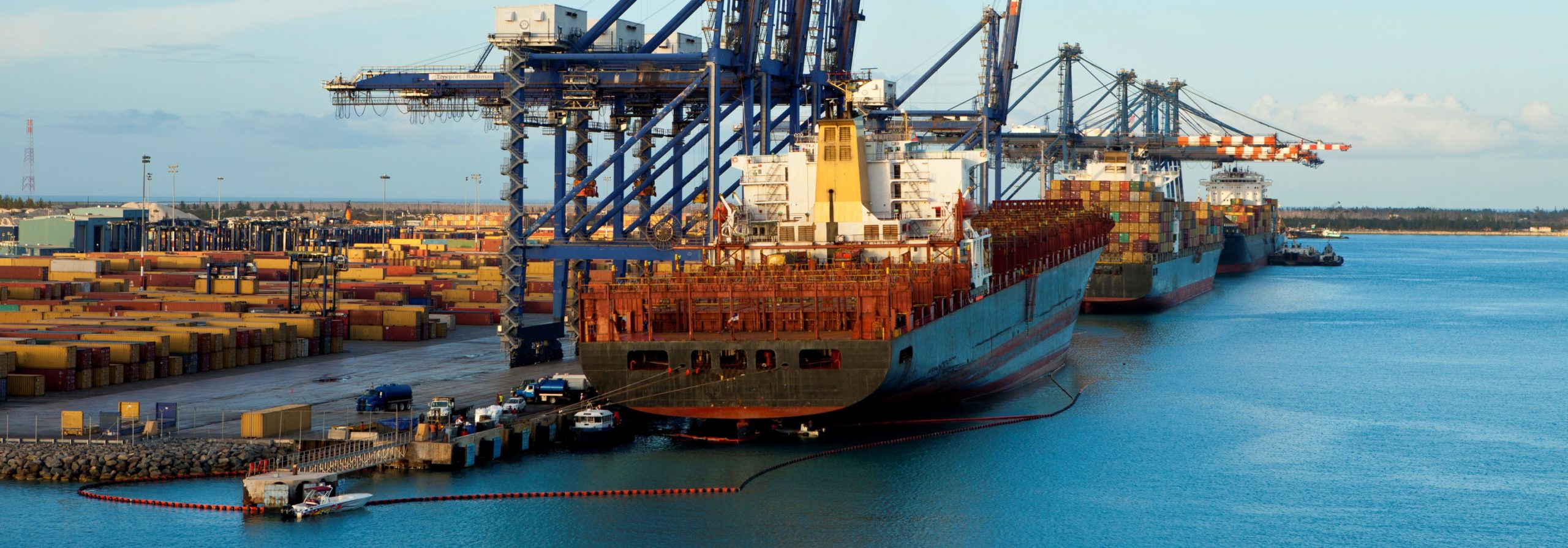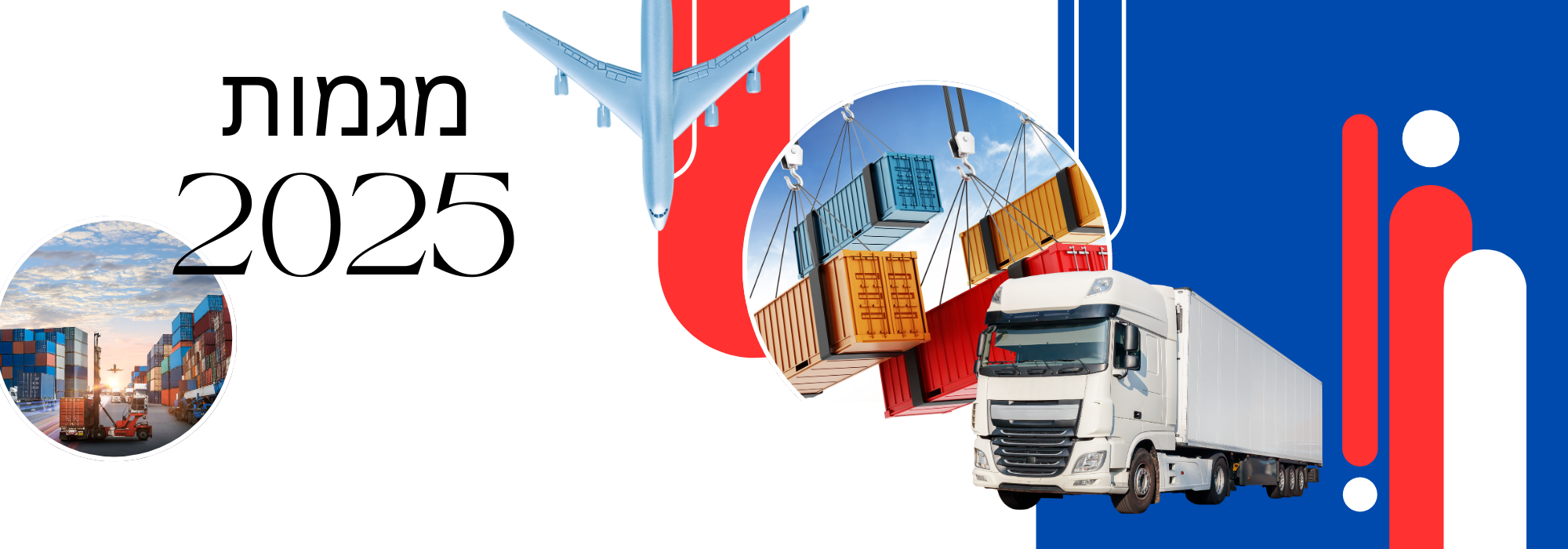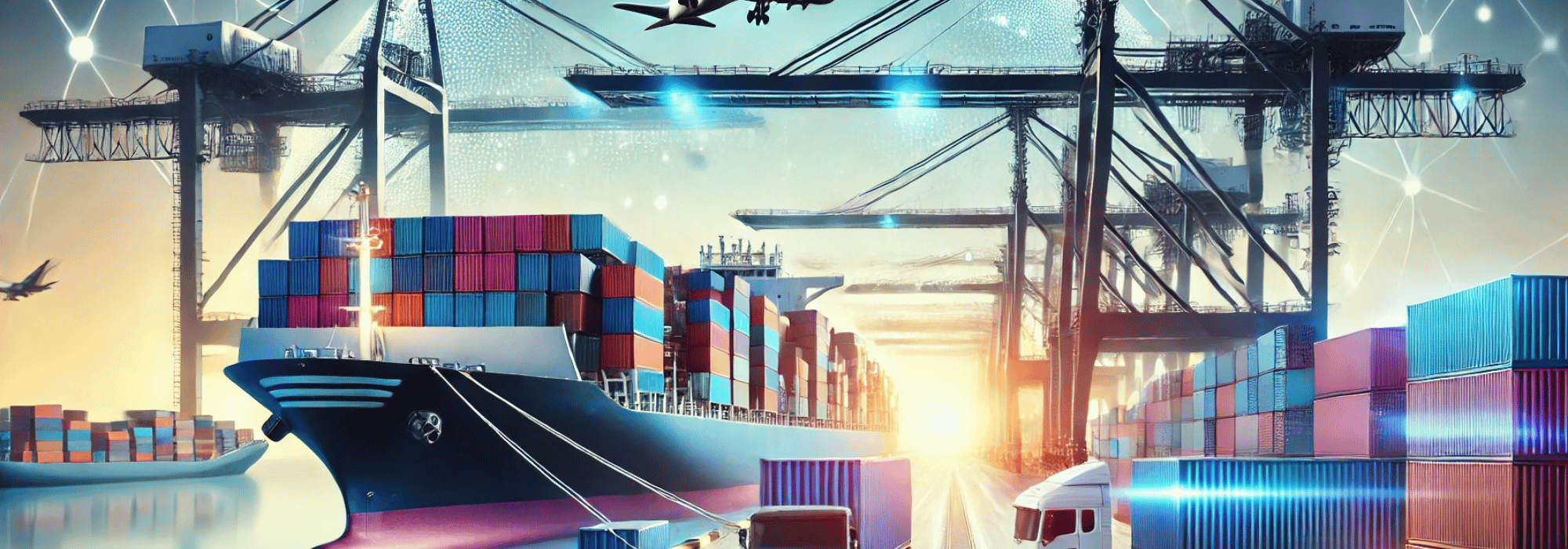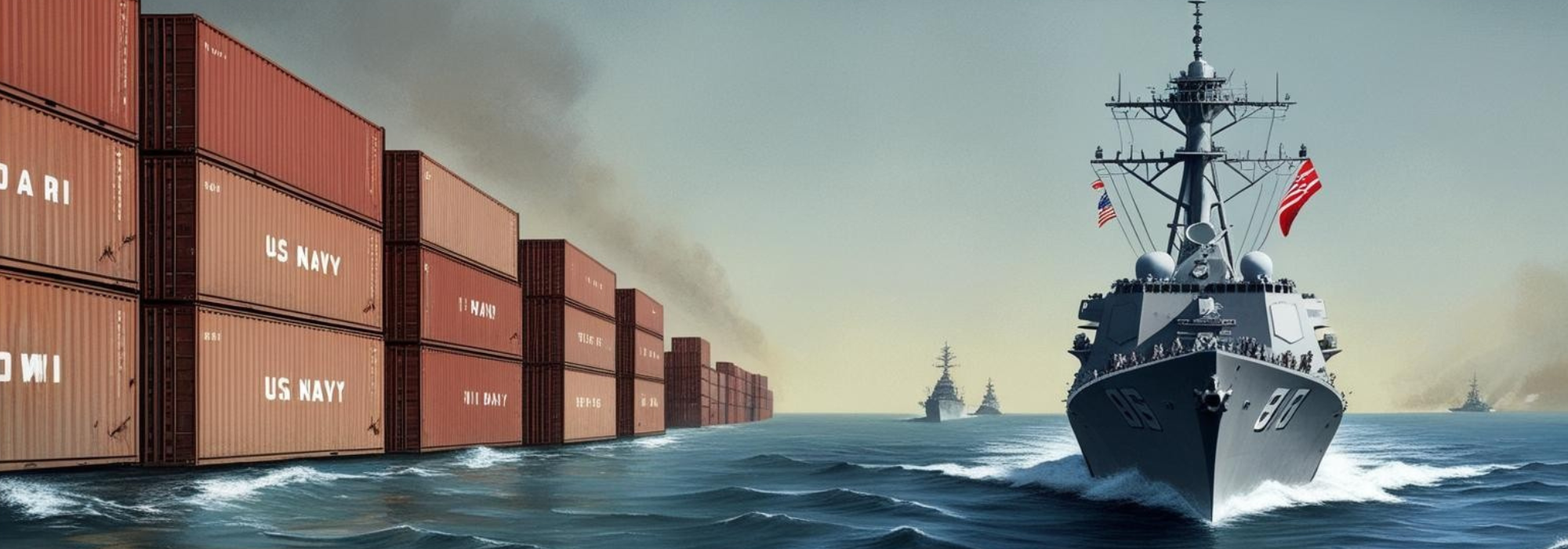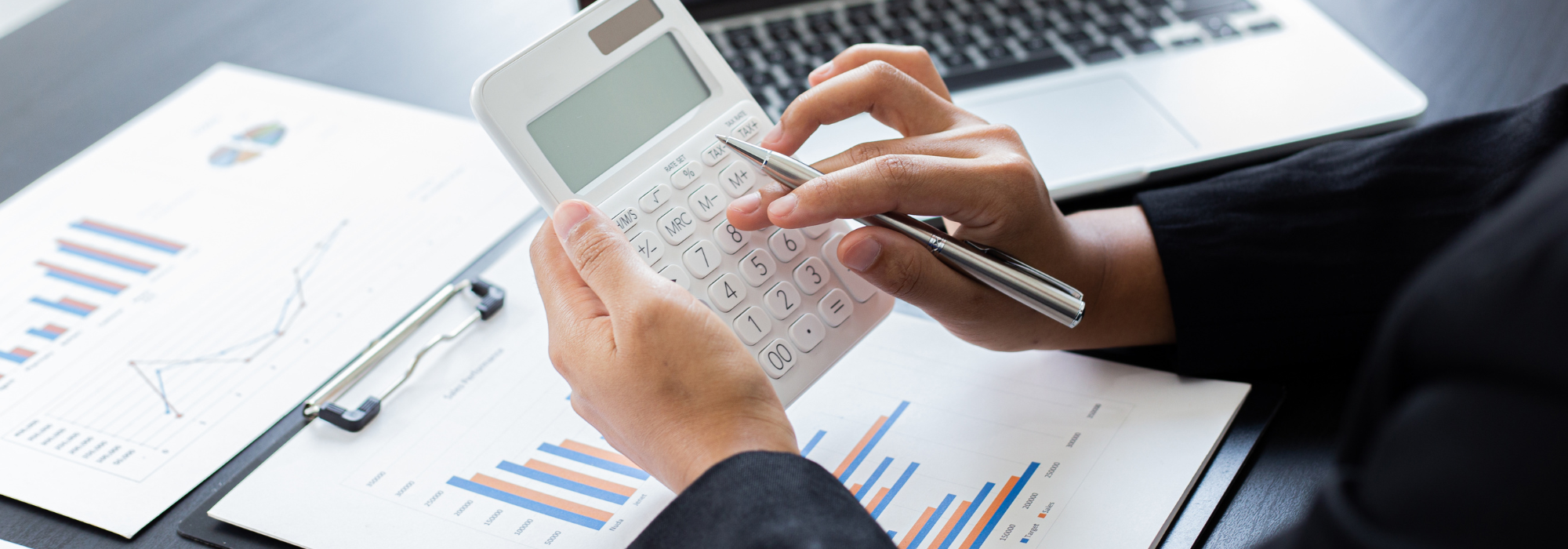Introduction
In the age of globalization, import and export have become integral to the global economy. Businesses of all sizes need to import raw materials, machinery, or finished goods and export their products to international markets. Within this complex process, customs brokerage becomes a critical link in the global supply chain.
A professional customs broker is the key to a successful process: they help navigate regulations, ensure quick clearance of goods, and avoid unnecessary fines. But how can you choose the right customs broker for your business? This article provides a detailed guide with essential criteria for selecting a broker, key qualities they should possess, and ways to verify their reliability and experience.
Chapter 1: What is Customs Brokerage and Why is it Important?
What Does a Customs Broker Do?
A customs broker is an expert intermediary between importers/exporters and customs authorities. Their primary role is to manage all stages of the customs clearance process while complying with legal and regulatory requirements. Their services include:
- Filing documents with authorities.
- Managing customs duties, taxes, and fees.
- Ensuring compliance with standards and quality requirements.
- Providing legal and regulatory advice.
The Importance of a Professional Customs Broker
Errors in the customs process can lead to costly delays, fines, or even confiscation of goods. A skilled customs broker helps mitigate these risks, streamlines the process, and ensures that goods reach their destination quickly and efficiently.
Chapter 2: Criteria for Choosing a Professional Customs Broker
Choosing a customs broker is a crucial decision that affects the success of your international operations. Here are the main criteria you should consider:
1. Experience and Expertise
Import and export vary by country and depend on the type of goods and regulatory requirements. An experienced broker can:
- Identify potential risks in advance.
- Handle complex cases.
- Offer tailored solutions to your specific needs.
How to Verify:
- Request references from previous clients.
- Check how many years the broker has been active in the field.
- Ensure they are familiar with the type of goods you import or export.
2. Knowledge of Local and International Regulations
The broker must stay updated on local and international regulations that change frequently, especially with evolving environmental laws and trade conditions.
Key Questions:
- Are they up-to-date with the latest regulatory changes?
- Do they understand the standards required for your target market?
3. Customized Service
Not all importers or exporters need the same services. A professional broker will adapt their offerings to your specific needs, including timelines, types of goods, and special requirements.
What to Check:
- Do they offer flexible services?
- Do they provide regular updates throughout the process?
4. Availability and Responsiveness
Timeliness is critical in the supply chain. Delays in clearing goods can disrupt production schedules or delivery to customers.
Criteria to Assess:
- The broker’s availability to handle urgent matters.
- Their real-time response to unexpected delays or changes.
5. Use of Advanced Technologies
Technology in customs brokerage allows processes to be managed more quickly, accurately, and transparently. A tech-savvy broker can provide:
- Real-time tracking of goods.
- Digital document generation.
- Integration with logistics management systems.
What to Verify:
- Do they have a shipment management system?
- Do they provide digital reports?
6. Reliability and Transparency
The broker is responsible for handling your finances and payments. Choosing a broker with a reputation for transparency and reliability is essential.
What to Do:
- Request detailed reports on their activities.
- Check if they adhere to professional ethical standards.
Chapter 3: Key Qualities a Customs Broker Must Possess
1. Problem-Solving Skills
Issues can arise at any stage – from customs delays to missing documents. A skilled broker will know how to resolve problems quickly and prevent further losses.
2. Excellent Communication Skills
Customs brokers need to communicate with various stakeholders – importers, exporters, customs authorities, and logistics providers. Clear and effective communication is essential.
3. Accuracy and Attention to Detail
The customs process requires precise documentation and strict adherence to standards. An inaccurate broker could cause costly errors.
4. Legal Knowledge
Customs brokerage involves significant legal aspects, such as proper classification of goods and payment of taxes. The broker must possess up-to-date legal knowledge.
Chapter 4: How to Verify a Broker’s Reliability and Experience?
Market Research
Conduct market research and compare different brokers. Check their areas of expertise, service costs, and client reviews.Recommendations
Ask similar businesses for recommendations of reputable brokers.Check Licenses and Certifications
Ensure the broker holds the necessary licenses to operate in the field.Personal Meeting
Talk to the broker and evaluate their knowledge, experience, and approach to managing the process.
Conclusion
Choosing a customs broker is one of the most critical decisions in import and export businesses. A professional broker can save you time, money, and headaches. Carefully review the criteria we’ve outlined and ensure you select a broker who is reliable and experienced to meet your business’s unique needs.



